The owners of “cessed” properties in Mumbai filed a challenge against the 1986 amendment to the Maharashtra Housing and Area Development Act, 1976, which is the basis for this case.
The Supreme Court (SC) heard arguments on Wednesday regarding whether private properties can be seized and transferred by the government under Article 39(b) of the Constitution, or if they are not “material resources of the community.
Article 39(b) of the “Directive Principles of State Policy” (DPSP) is a part of Part IV that directs the state to create policies that guarantee that “the ownership and control of the community’s material resources are so distributed as best to subserve the common good.” The DPSP is not directly enforceable in court, even if it guides legislative activity.
In a number of cases since 1977, the Supreme Court has explained Article 39(b), most notably in State of Karnataka v. Shri Ranganatha Reddy (1977). By a vote of 4 to 3, the seven-judge Bench in this case decided that privately held resources were not considered “material resources of the community.” However, Justice Krishna Iyer’s minority point of view would ultimately have a significant impact.
Justice Iyer argued that resources possessed by private parties ought to be regarded as communal material resources. He made the following argument: “Everything that has value or utility in the material world is a material resource, and since an individual is a member of a community, his resources are communal resources.” To remove private resource ownership from the clutches of Article 39(b) is to cipher, or conceal, the fundamental goal of socialist redistribution.”
Supreme Court affirms Justice Iyer’s opinion
In Sanjeev Coke Manufacturing Company v. Bharat Coking Coal (1983), a five-judge Supreme Court bench supported Iyer’s interpretation of Article 39(b). Using Justice Iyer’s previous interpretation as a guide, the court affirmed legislation that nationalized coal mines and their associated coke oven plants.
It said that the legislation “takes within its stride the transformation of wealth from private-ownership into public ownership and is not confined to that which is already public-owned.”
Remarkably, neither Justice Iyer’s minority opinion nor the majority’s disassociation from it were mentioned in this decision (“We must not be understood to agree with all that he [Justice Iyer] has said in his judgment in this regard,” emphasized Justice N L Untwalia in the majority opinion).
Conflict regarding rental properties
Owners of “cessed” properties in Mumbai challenged the 1986 amendment to the Maharashtra Housing and Area Development Act, 1976 (MHADA), which is the subject of the current Supreme Court case.
The goal of the 1976 MHADA was to address the problem of Mumbai’s decaying buildings that housed homeless people. In order to oversee restoration operations, the Mumbai Building Repair and Reconstruction Board (MBRRB) was given authority to impose a cess on tenants by MHADA.
The MHADA appendix to Section 1A, which invoked Article 39(b), made plans to purchase land and buildings and transfer them to “needy persons” and the “occupiers of such lands or buildings” possible in 1986. The amendment also added Chapter VIII-A, which allows the state government to buy outbuildings along with their property in the event that seventy percent of the tenants ask for it.


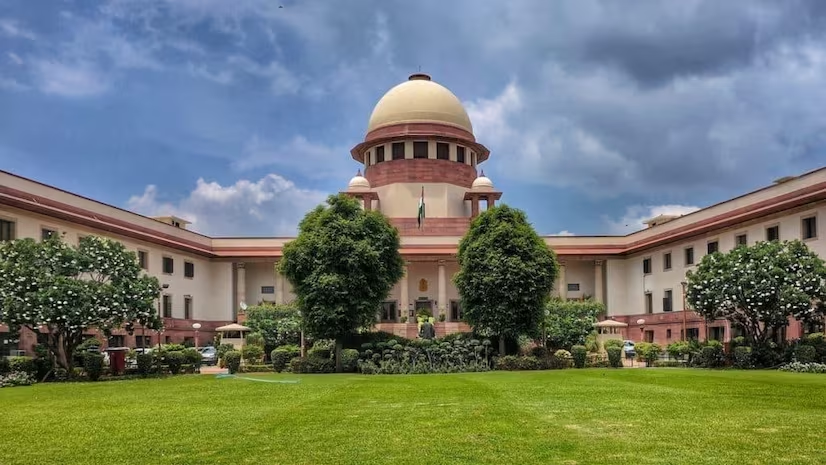
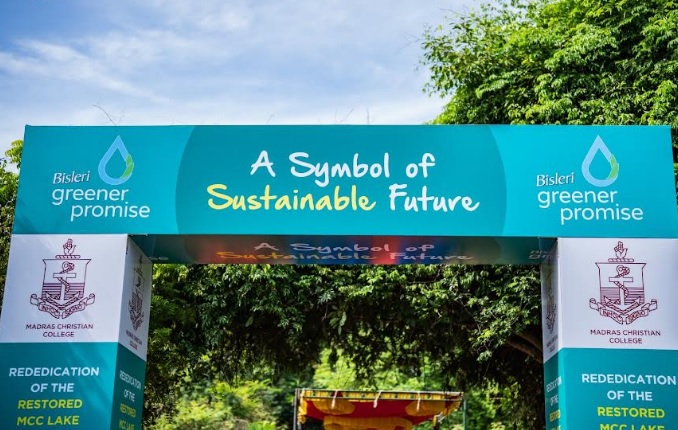
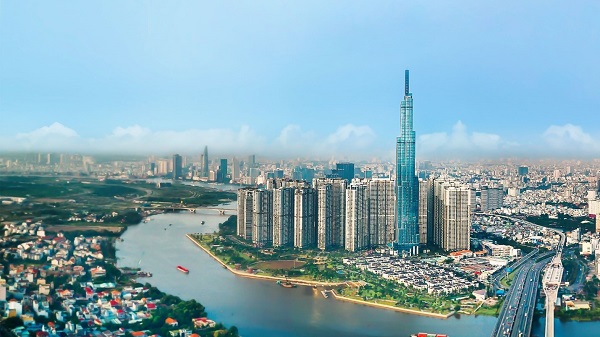
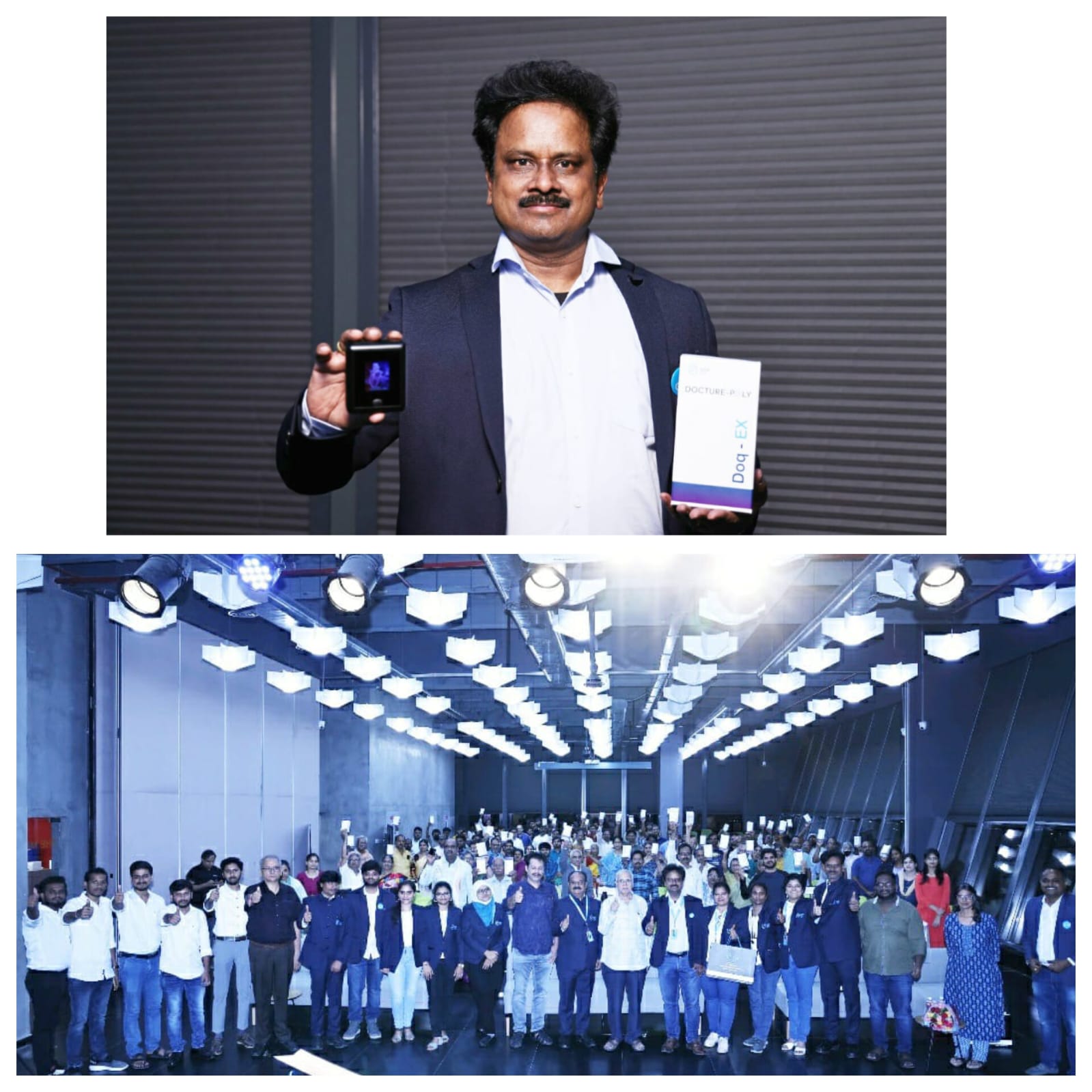
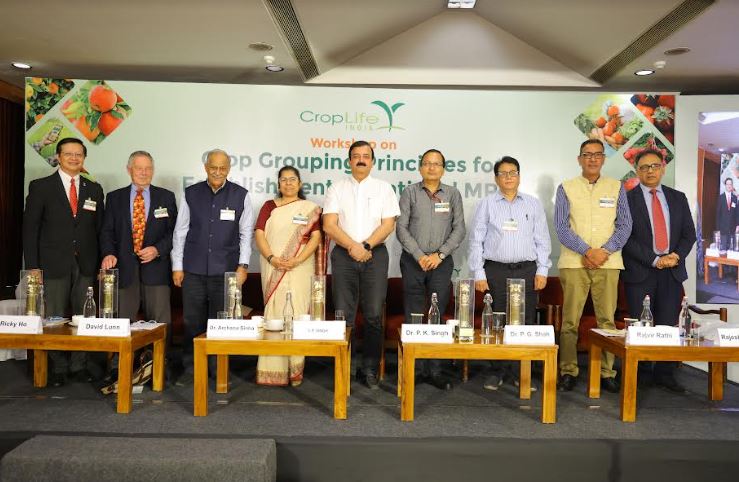

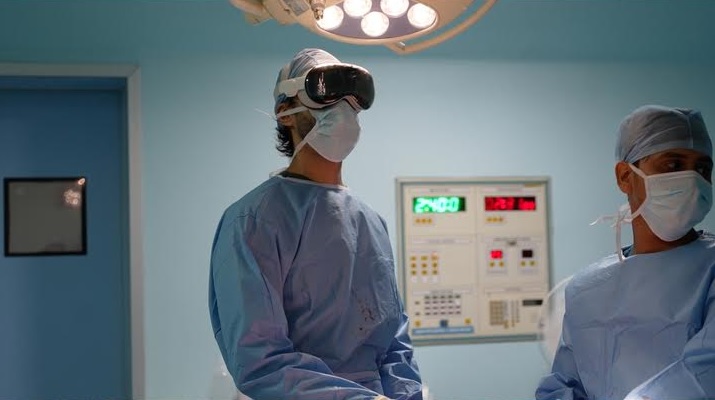
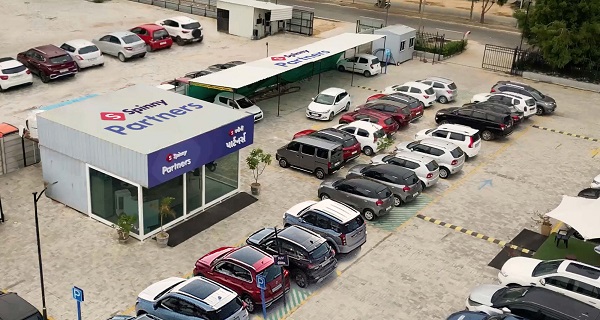

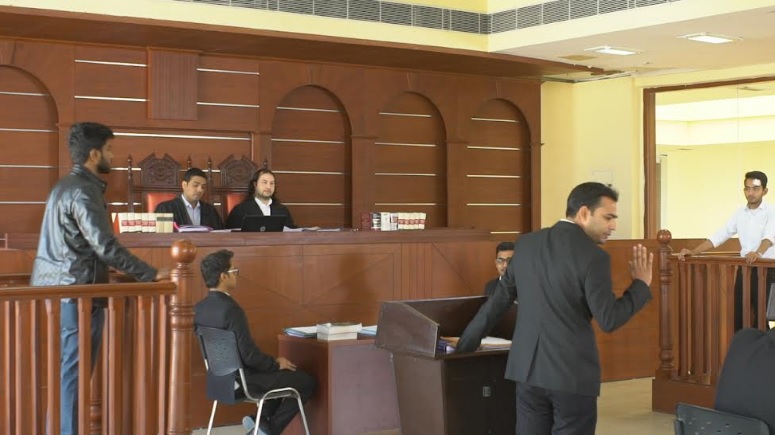





Reader Interactions